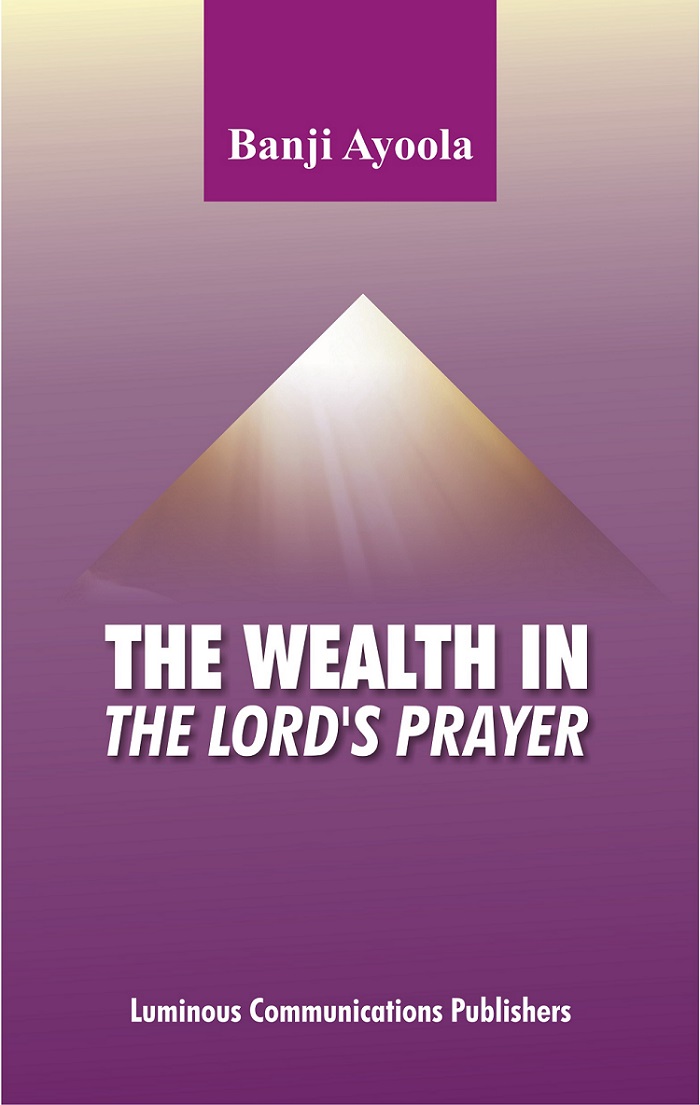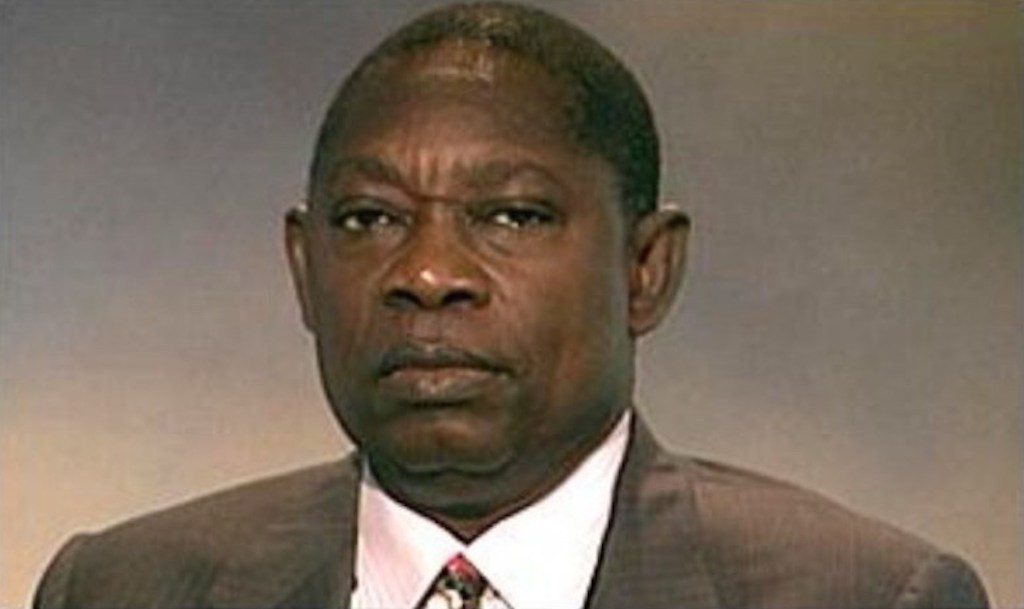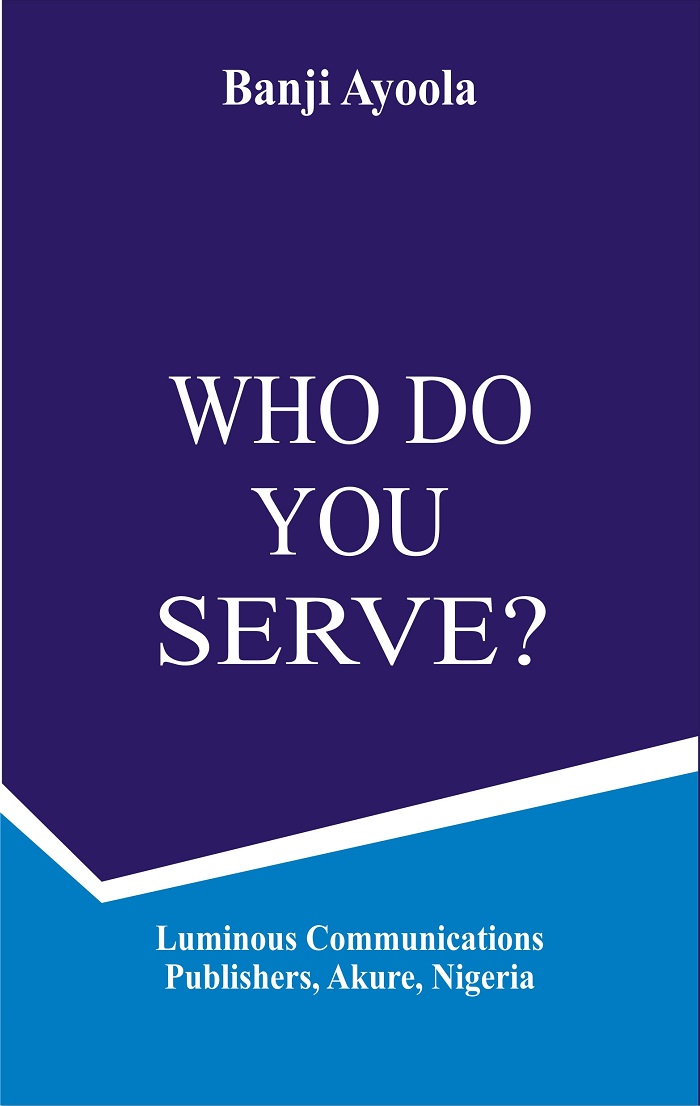
By Taoheed Ajao
Taoheed wrote: \”Five years ago, June 2013, while on a visit to my children in Arundel, Maryland, USA, I wrote the piece below on the June 12 agitation, its appropriateness for our Democracy Day and MKO Abiola\’s place in history. The vindication of the essence of the essay recently by President Buhari, justifies a reprint of same today. Excerpts: THE GHOST OF JUNE 12!
Tomorrow, Wednesday, will be another June 12. It will be simply naive of the Nigerian authorities to hope that the clamor for honoring that day will over time, just subside. If they think so, then, they don\’t know what the forces of the dialectic of events when impressed with people\’s power can unleash as an alternative to positions or policies grounded neither in truth nor anchored on popular wish. In nature, there is a process of clarification or resolution of concepts through the interaction or juxtaposition of conflicting ideas, forces, or events known as the dialectic.
This derives from Hegelian dialectic which is an interpretive method used to relate specific entities to the absolute idea. It involves setting up an antithesis against a known proposition or thesis to produce a synthesis which is expected to embody the best or a refinement of the two previous contradictions. The beauty of this process is made most manifest when left to the very flow of time and the inescapability of the vindication of truth.
For years in the United States, the effort to honour the memory of late civil rights leader, Reverend Martin Luther King Jnr with a national holiday suffered setbacks; the segregation-for-ever crowd, the red necks and denizens of the lunatic far-right fought to make it a tall dream. The proposition to honour the man was the thesis; the virulent and vigorous opposition by the aforementioned people was the antithesis; but the present reality of the observance by all the 50 states in the United States of America, of the third Monday of every January, constitutes the synthesis. For a man that was best known for his legendary role in the promotion of non violent activism in the civil rights movement and, who successfully protested racial discriminations in federal and state laws, history ought to be kind enough to set him up as an avatar for the equality of men. Anything to the contrary would have been going against the full righteousness of divine injunction and the letter of the American Declaration of Independence.
In Nigeria, a date, May 29, was agreed upon by a coalition of civil and military authorities to be commemorative of the day the country achieved democracy because that was the day in 1999 that the Abdulsalam Abubakar military government handed over power to the Obasanjo-led civilian administration. Whether the day, in connotation or in reality, has a superior democratic significance than June 12, 1993, a day when both the spirit and the essence of representative democracy was given its freest reign, has been the subject of fierce debate ever since.
The series of events that was set in motion by the potency of the inescapability of the June 12 reality, started with the annulment of the election itself a day later on June 13, 1993, by self-styled President Babagida and ended with the death of the winner of the election itself, Chief MKO Abiola on the 8th of July 1998, by way of a cup of tea served him by erstwhile US Ambassador to the United Nations and current National Security Advisor, Susan Rice.
In between, there was the death of the military strongman Gen. Sani Abacha (he, of frightful memory) who detained the winner of the fairest and freest election ever conducted in Nigeria.
General Ibrahim Babangida, of whom it was observed to be visibly shaken by the cascading events to the point of incoherence in speech and detachment, hurriedly foisted on Nigerians, a \’pretender to the throne\’ by the name of Chief Ernest Shonekan, who was promptly sacked by the the dark-goggled Abacha.
The return to civilian rule on May 29, 1999, signaled by the Olusegun Obasanjo administration, at best, could have represented the political propitiation of the wrath of the civilian populace over a most dastardly act of injustice in negating their collective will as implied by the annulment of the June 12 presidential election.
That the decision to honour this day as Democracy Day was done by the same individuals complicit in the political truncation of a major democratic exercise, rendered the decision to be of dubious intention; that it was even done without the input of the ordinary people, made it undemocratic, unrepresentative, and quite arbitrary.
As with the dialectic processes of conflict resolution mentioned above, the people\’s desire to make June 12, which was a watershed date in our democratic experience, the country\’s official Democracy Day, is the thesis that is being vigoously resisted by the antitheis of the reactionary forces that favour the May 29 day; their wish to consign the whole June 12 saga and the MKO Abiola episode in the historical evolution of democracy in Nigeria to the dustbin, is undergoing a vigorous and annual disputation by June 12 activists in the quest of establishing the truth as it relates to whether ennobling traits in leadership and exercise in courage should not be honoured among people.
The answer to this dialectical disputation should be the emergent synthesis which to all intents and purposes, should address the June 12 question to the satisfaction of everybody. It is in the nature of life to be eventually confronted by the very reality of one\’s nemesis.
Those segregationists, racists and purveyors of hate in the United States did not have the truth as revealed by divine scriptures about the equality of man on their side. Not only did they live to witness the effect of the emancipation proclamation act, they are all presently mortified to experience being politically ruled by a man of African ancestry not only for an aberrational one-term tenure, but for the limit of the constitutionally guaranteed two-term tenure! This, Barack Obama did through his deft exploitation of the changing demographics of voting and the resulting shift in the calculus of power. America has never been the same!
The Nigerian authorities, either in the National Assembly or in the executive, and those who simply have pledged their entire lives to making sure that the ghost of June 12 is buried forever, are wasting their time; there is no force on earth or within the power of humans to stop an idea whose time has come and whose inevitability rolls with the righteousness of the truth.\”
Ajao, a public commentator lives in Ondo







